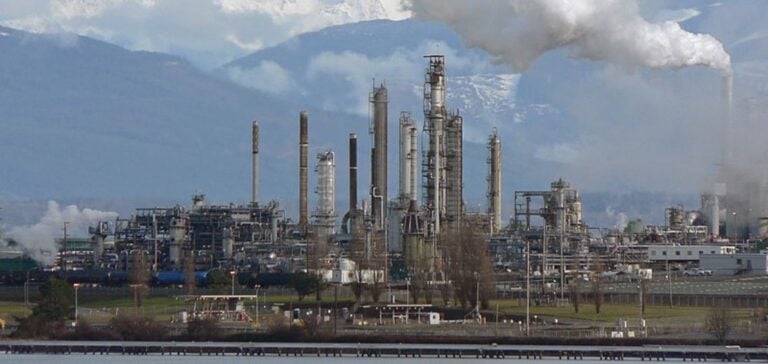Recent data from the U.S. Energy Information Administration (EIA) reveal an unexpected decline in U.S. commercial crude oil stockpiles. For the week ending November 29, reserves fell by 5.1 million barrels, significantly surpassing the forecasted drop of 1.6 million barrels.
The primary driver of this reduction was the surge in refinery activity, with capacity utilization rising to 93.3% from 90.5% the previous week. This increase was facilitated by the absence of maintenance operations, allowing one of the highest processing levels of the year.
Refineries and Trade Flow Adjustments
Despite a doubling of crude oil imports (+115%) and a 9% week-on-week drop in exports, refineries absorbed enough volumes to reduce stockpiles. Concurrently, crude oil production hit a new record of 13.51 million barrels per day, slightly above the previous record of 13.49 million barrels per day.
Domestic Demand Weakens
The volume of refined products delivered to the domestic market declined by 2.5%, signaling weaker demand. This drop is largely attributed to a sharp decrease in propane and propylene deliveries, primarily used in the industrial sector, which fell by half (-51%).
Market Impact
The combination of record production and declining demand pressured oil prices. As of 16:30 GMT, the price of West Texas Intermediate (WTI) for January delivery was down 0.64%, settling at $69.49 per barrel.
This decline highlights the market’s sensitivity to continued increases in U.S. production and the volatility of demand indicators, particularly in industrial sectors.






















